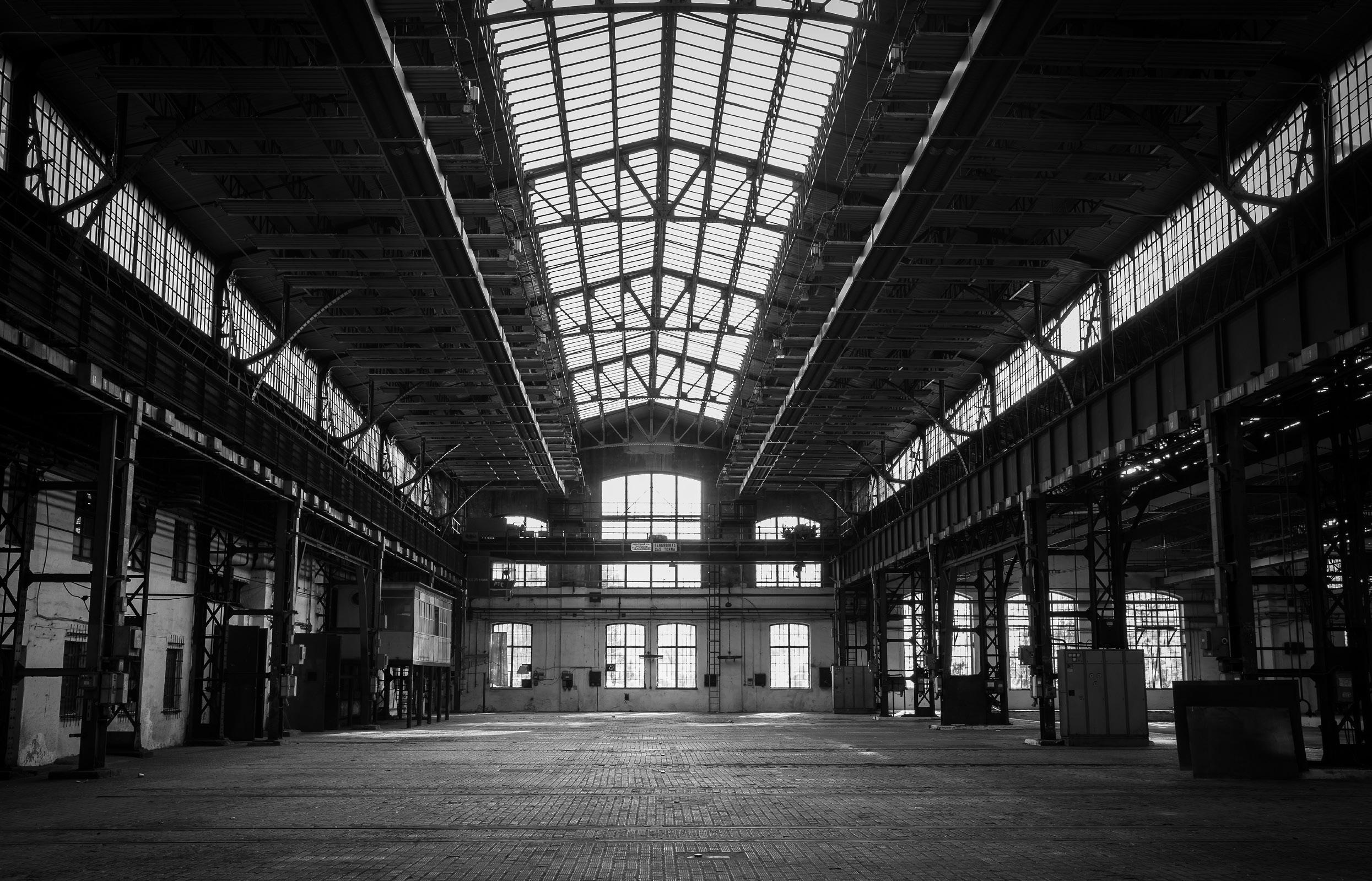
5 minute read
Biorefinery
biorefinergy
Integrated production of chemicals and fuel
Advertisement
Production of biofuels and chemicals in an integrated biorefinery concept is commercially and technologically viable. In order to develop sustainable and effective methods of production, value chain analyses should be high on the agenda.
The production of biofuels continues to be a substantial part of a strategy towards a more sustainable society and economy. Its importance is already being recognized by the International Energy Agency by establishing the goal that in 2050, biofuels should fulfil more than 25% of the
global demand for transportation fuels in order to reduce the dependency on fossil fuels. Development in Europe targets the production of biobased fuels from non-food sources and require a profound knowledge of advance conversion technologies. The Norwegian industries, universities and institutes have built up a considerable knowledge on the production of fuels and chemicals from fossil fuels. This generic knowledge on advanced conversion technologies offers a strategic opportunity for Norway in terms of collaboration, exchange of expertise and the development of production technologies to ensure cost efficient and environmentally sound production of biobased fuels and chemicals.
Technology status
So-called first-generation biofuels (such as bioethanol and biodiesel) are being produced from sugar, starch and oily seeds in plants and are commercially available in many countries around the globe. Second and third generation biofuels are made from other sources, such as wood, waste from agrarian activities, marine biomass and whole plants. This type of production is based on several key conversion technologies such as biochemical and thermochemical conversion. Biochemical technologies include fermentation of biomass to biogas, bio-ethanol, bio-butanol or chemicals; whereas thermochemical
processes include pyrolysis and gasification of biomass combined with catalytic processes for the production of liquid fuel (diesel or jet fuel) from synthesis gas or pyrolysis oils. Currently, the commercialization of biogas production is an ongoing process, however the production of liquid biofuels is mainly focused on first generation sources which are corn (in the US) or sugarcane (in Brazil) for the production of ethanol.
Currently, processes are being developed for the simultaneous production of both biofuel and chemicals to improve the efficiency and profitability of biofuel production,
This trend is analogous to existing refineries based on fossil oil. The technology of integrated bio-refineries for simultaneous production of biofuels is currently under commercialization with a corresponding need for comprehensive innovation through research and development. The EU has set as a target that 10% of the fossil fuels have to be replaced by biofuels by 2020. Norway has set similar goals for 2020. As of today, biofuels cover approximately 4.3% of the total Norwegian fuel production.
The energy consumption in the Norwegian transport
sector approximates 60 TWh/year. The Norwegian biofuel production areal growth rate is generally too low for profitable production of first-generation biofuels, but smaller amounts of biodiesel are being produced from rapeseed. Second generation biofuels can be produced from wood or marine raw materials such as macroalgae., which have a much larger potential production and thus a greater utilization potential but are as of yet not commercially produced as biofuels. Borregaard has a small but technically advanced production of approximately 20-25 Ml Bio-ethanol, of which only just 2Ml is utilized in Norway. The potential for the use of self-produced biofuels in the EU is estimated to be around 25-30%. To date most of the consumption is covered through imports from countries such as Brazil.
The market for biomass-based chemicals and materials is growing rapidly. Generally, chemicals that are produced from fossil raw materials can also be produced from biomass. On the world market, sales of around 25 Billion US$ for bulk chemicals are expected, approximately 10 Billion US$ for fine- and specialty chemicals and about 3 Billion US$ for bio-plastics by 2015 with a potential 10% increase in production per year.
Challenges
A major non-technical challenge for the emerging industry is the competition with other uses of biomass. Larger withdrawals and use of biomass for refinery and energy production will affect other market segments such as pulp and paper industries and thus the price structure. Production of both terrestrial and marine biomass for production of second and third generation biofuels must be sustainable to maintain biodiversity.
For the efficient production of biofuels and chemicals advanced integrated systems need to be developed which consider optimal utilization of both chemicals, electricity and heat. Currently, both necessary technological innovations and economical aspects can be considered as challenges. New optimized and sustainable processes will require extensive innovative solutions. An optimization of the product portfolio combined with the development of new cost and energy-efficient processes
and treatment technologies are key challenges for both thermo chemical and biochemical production.
Outlook
Although the future for biomass based fuels and chemicals is certainly bright and many possibilities will open up due to technological advancements, specific research is necessary to ensure its effective production. Value chain analysis is one of the main topics that deserve further research. The conversion of raw materials to an industrial feedstock, the conversion from biomass to chemicals, biofuels, heat and electricity can be done in many ways, and the possibilities should be critically explored to demonstrate their feasibility and profitability. Potential effects on the environment and emissions should be investigated to ensure that the processes that are being developed are truly sustainable. A strategic chance is the development of large, fully integrated processing plants that accommodate advanced energy efficient conversion systems which enable the development of various value chains in parallel. This strategy will allow for the evolution of expert knowledge and the creation of economic development by generation of advanced production technologies within a European framework. Further, such development will reduce the dependence on imported fuels and stimulating the national economy.
R&D recommendations:
• Develop suitable models for raw materials treatment and logistics.
• Development of advanced systems for the integration of thermo-chemical and bio-chemical conversion
processes.
• Value chain analysis of biofuels, as well possibilities for co-production of heat and energy. policy recommendations:
• Demonstration and profitability of various value chains and production methods should be demonstrated and tested in plants of a sufficient size.








